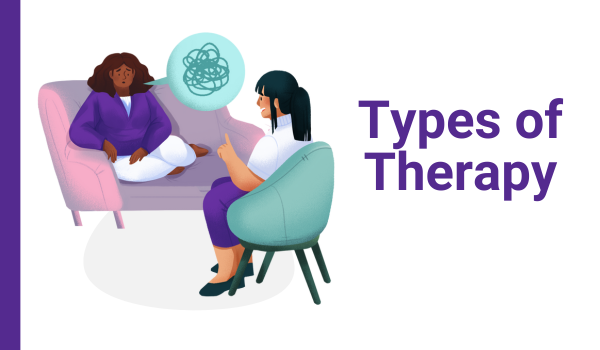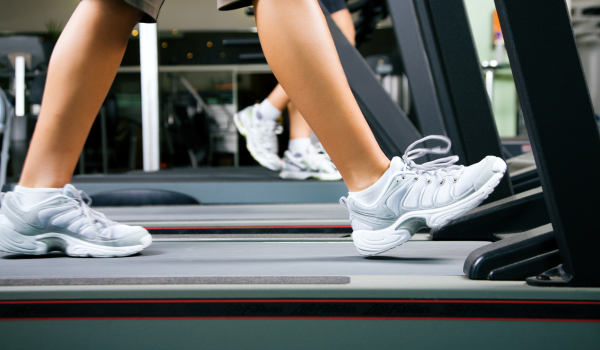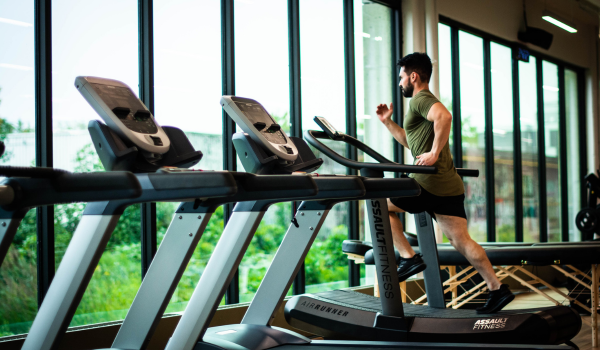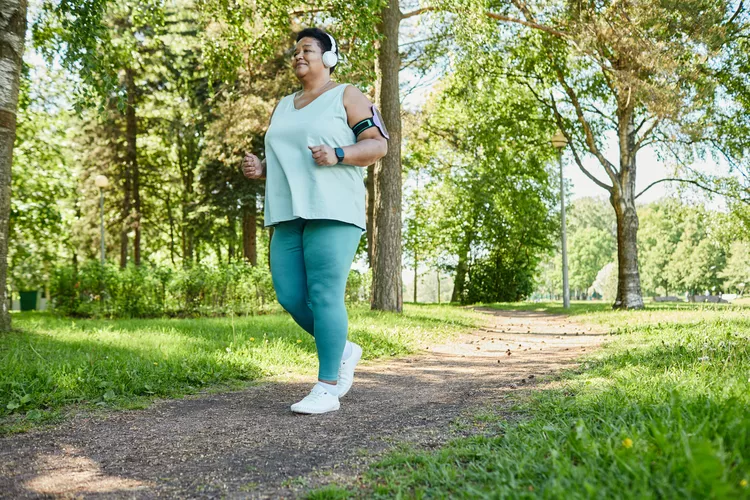9 Ways To Use Your Breath To Relieve Anxiety

How Breathing Exercises Help Anxiety
Anxiety disorders affect up to 30% of adults.
Breathing exercises, combined with therapy and other treatments, have been proven to improve mood, reduce heart rate, slow breathing, and ease anxiety—sometimes even more effectively than mindfulness practices.
If you experience anxiety or panic attacks, here are nine breathing techniques you can try to calm yourself.
1. Box Breathing
Originally used by the U.S. military, box breathing helps regulate stress even in chaotic environments.
How to do it:
-
Inhale through your nose for 4 counts
-
Hold your breath for 4 counts
-
Exhale through your mouth for 4 counts
-
Hold again for 4 counts
-
Repeat
Adjust the counting time to fit your comfort.
2. Cyclic Sighing
This technique emphasizes long, slow exhalations to activate your relaxation response.
How to do it:
-
Inhale halfway through your nose
-
Take a second short inhale to fill your lungs
-
Exhale slowly through your mouth (longer than the inhales)
-
Repeat for 5 minutes
Cyclic sighing has shown stronger anxiety-reducing effects than box breathing.
3. Deep Breathing
Also called diaphragmatic breathing, this method deepens your inhale and exhale to lower stress.
How to do it:
-
Sit or lie comfortably
-
Breathe deeply through your nose, expanding your belly
-
Exhale slowly through your mouth or nose
-
Repeat until you feel more relaxed
Aim for 20–30 minutes a day, but even short sessions help.
4. Alternate Nostril Breathing
Borrowed from yoga, this technique improves focus and lowers blood pressure.
How to do it:
-
Use your right thumb to close your right nostril
-
Inhale through your left nostril
-
Close your left nostril, open the right, and exhale through the right nostril
-
Repeat, alternating sides
5. Humming Breathing (Bhramari Breath)
This calming exercise uses a humming sound during exhalation to ease stress.
How to do it:
-
Sit comfortably
-
Breathe deeply through your nose
-
Cover your ears gently
-
Hum while exhaling
-
Continue for 6 breath cycles
6. 4-7-8 Breathing
Created by Dr. Andrew Weil, this method quickly relaxes the nervous system.
How to do it:
-
Inhale quietly for 4 seconds
-
Hold your breath for 7 seconds
-
Exhale with a whooshing sound for 8 seconds
-
Repeat 4 cycles
Practice twice daily for best results.
7. Pursed Lip Breathing
Helpful for anxiety and lung conditions like COPD, this technique controls breathing and eases breathlessness.
How to do it:
-
Inhale through your nose for 2 seconds
-
Purse your lips as if whistling
-
Exhale slowly through pursed lips for 4 seconds
8. Resonance Breathing
Also known as coherent breathing, it slows your breath to 4.5–7 breaths per minute, calming your mind and body.
How to do it:
-
Inhale slowly for 6 seconds
-
Exhale slowly for 6 seconds
-
Repeat
This method is often used in biofeedback therapy.
9. Lion’s Breath
This forceful yoga breath helps release tension by mimicking a lion’s roar.
How to do it:
-
Sit on your heels
-
Inhale deeply through your nose
-
Open your mouth, stick out your tongue, and exhale loudly (like a roar)
-
Repeat several times
A Quick Review
Breathing exercises like box breathing, deep breathing, and cyclic sighing can effectively manage anxiety, lower stress, and improve your heart and respiratory health.
While these techniques are safe for most people, if anxiety significantly impacts your life, it's important to speak with a healthcare provider for additional support and a tailored treatment plan.

















.webp)
.webp)
.webp)



